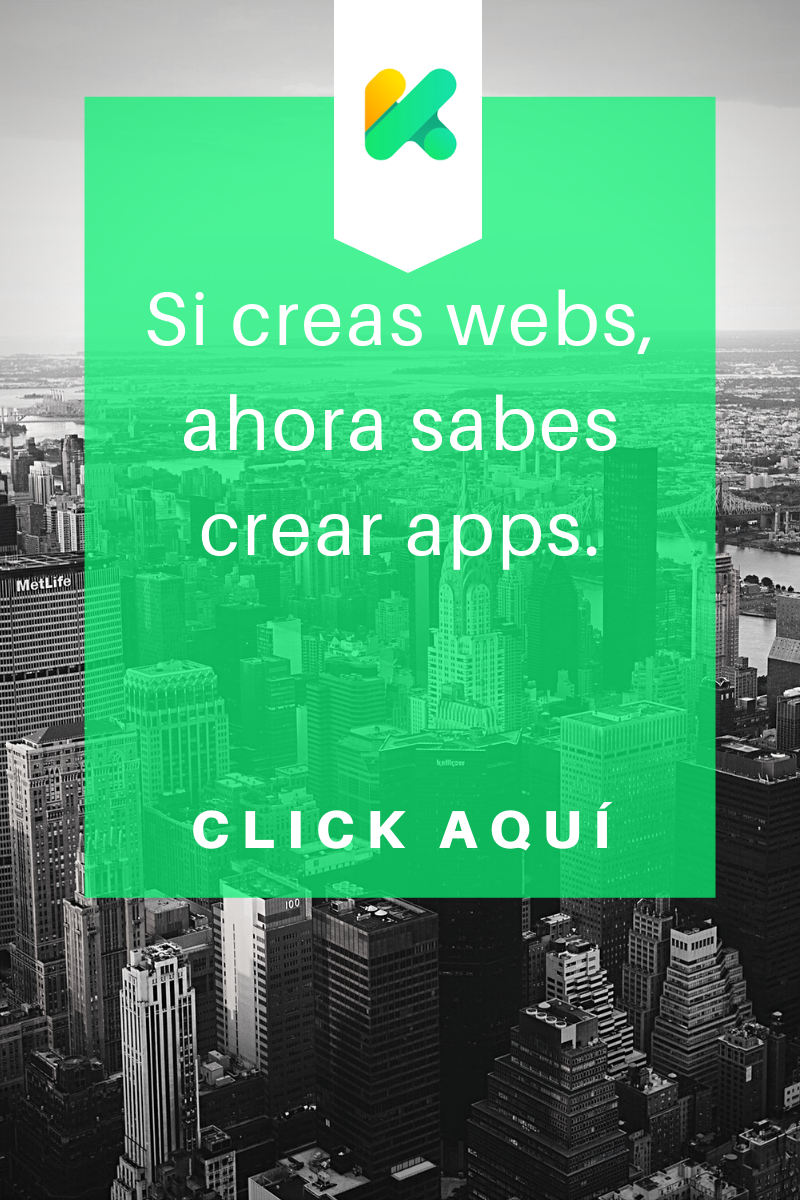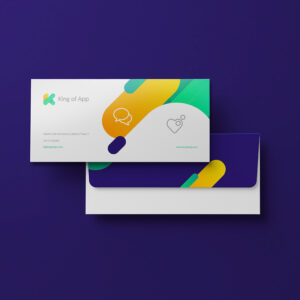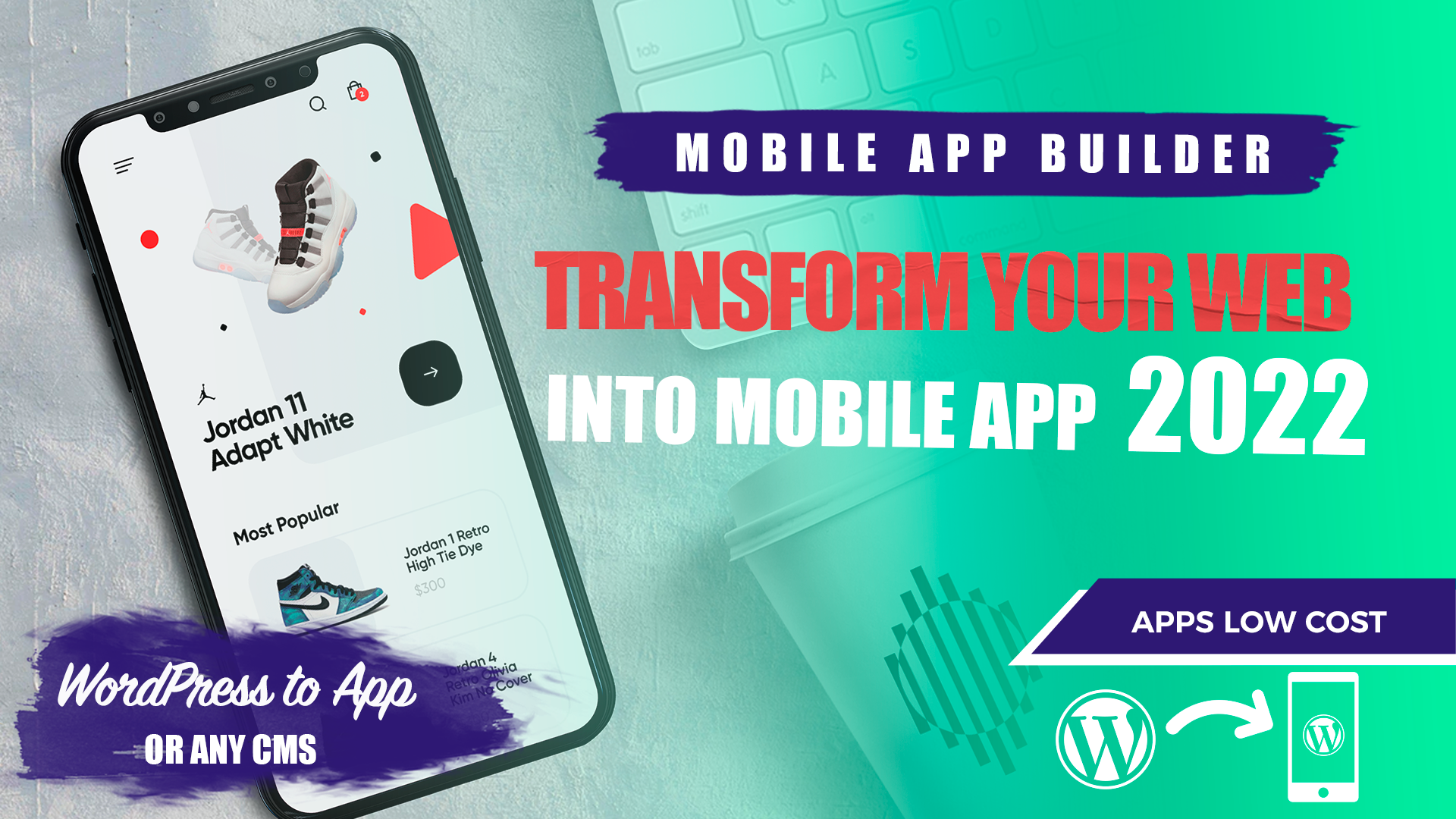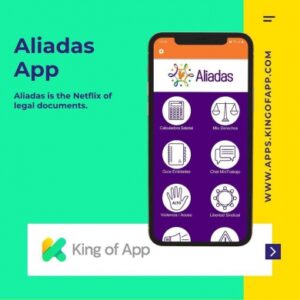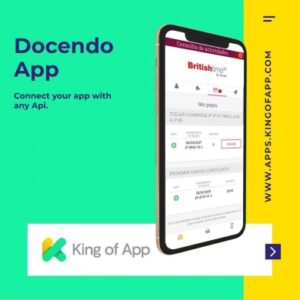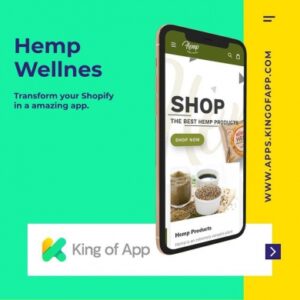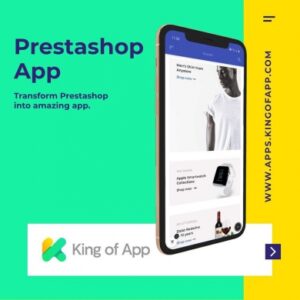Steadily, and faithful to what is the most widespread social trend, Google moves into mobile world. If a few months ago the main Internet search engine changed their algorithms to position first those sites adapted to mobile devices, since late last year has given a new twist to show contents of the Apps in its results.
Google is turning into mobile, that is, it’s giving more importance to mobile content. A year ago, Larry Page’s company announced a change in the algorithms of search and positioning which gave greater importance to those sites that they were adapted to mobile browsers. So Google began placing at the top those pages that were “mobile-friendly“. That is, that met these simple conditions:
- Avoid software that can not be loaded on mobile phones, as Flash content.
- The text can be read without having to zoom.
- That the contents fit on the screen without using horizontal scroll or zoom.
- The links are in place and appropriate formats to make it simple activate them.
Now, however, it has gone beyond to give greater visibility to the content displayed via App. The Apps have dominated our day to day and web browsers can not even ignore it. Google has reached an agreement with several services suppliers to start showing, in their search results, the content of their mobile applications. The agreement allows, from a browser, to access the contents of Apps like Hotel Tonight, Weather, Chimani, Gormey, My Horoscope, Visual Anatomy Free, Useful Knots, Daily Horoscope and New York Subway. Nine companies to advance on the path to index any content of any mobile application.
Apps in the Browser
The agreement with Google enables any user to view in the browser, without having to download it, the contents of the App; and move through it freely accessing all sections and interacting with them. To make this possible, developers only need to install a Google indexing API in their Apps, which helps Google to understand what a page is about and how often is used. It has also reduced its ranking algorithm to incorporate application content. “The app loads in a virtual machine on Google’s cloud platform, and the client – the Google app that runs on your phone – sends up the touch interactions to the cloud machine. And that cloud machine executes those touch interactions, renders the app and sends the pixels back down to the client” the company explained during the presentation of this novelty.
But that’s not all, Google has been long working on indexing content through the App “deep links” pointing directly at them. This is intended to stop obsolescence of web browser searching overall the global trend is that the contents are moving out from the desktop computers to mobile, which seriously endangers which has traditionally been the main Google business.
Thousands of applications have already been indexed – that is, its contents may appear as Google search results. Today, Google has 100 million indexed bonds within applications, the company says. It also notes that users can install applications on their smartphones and tablets when it finds relevant content related to your search query within mobile applications. “What we want is that people can access all content, whether on a website or in a App” note from the company.
While this new way of presenting search results should be taken as an experiment, the fact is that Google continues to advance along the path of mobile, so it is not surprising that besides having the main market of mobile applications the world wants to create synergies for collaboration between the two ways of understanding the distribution of content.

